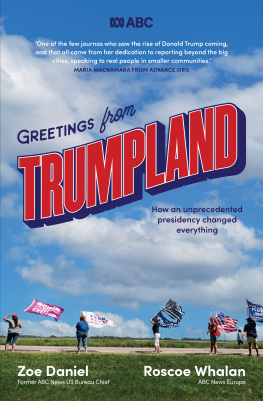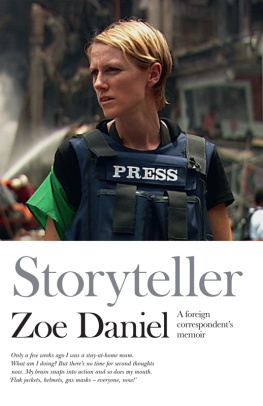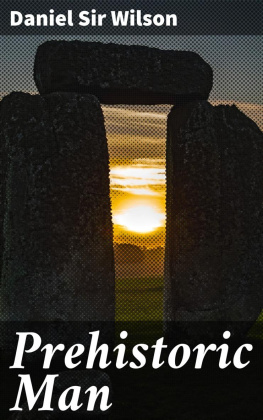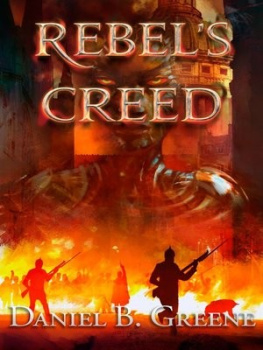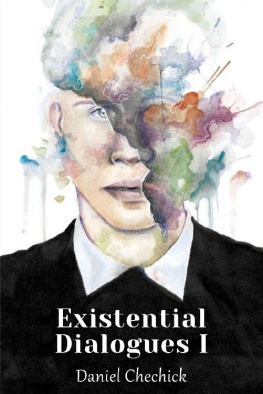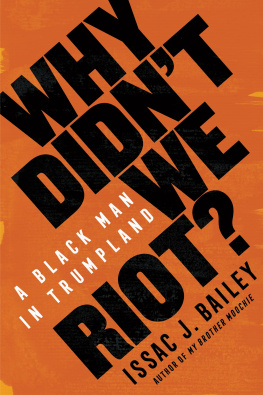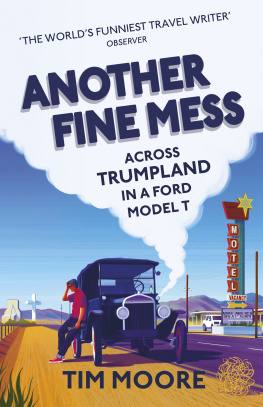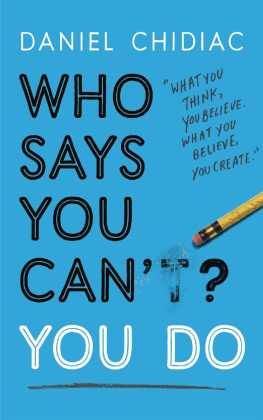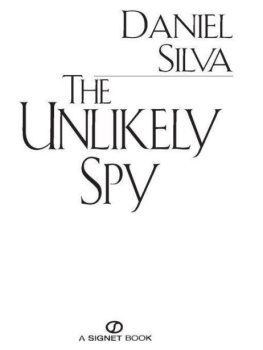Zoe Daniel - Greetings from Trumpland
Here you can read online Zoe Daniel - Greetings from Trumpland full text of the book (entire story) in english for free. Download pdf and epub, get meaning, cover and reviews about this ebook. year: 2021, publisher: HarperCollins, genre: Politics. Description of the work, (preface) as well as reviews are available. Best literature library LitArk.com created for fans of good reading and offers a wide selection of genres:
Romance novel
Science fiction
Adventure
Detective
Science
History
Home and family
Prose
Art
Politics
Computer
Non-fiction
Religion
Business
Children
Humor
Choose a favorite category and find really read worthwhile books. Enjoy immersion in the world of imagination, feel the emotions of the characters or learn something new for yourself, make an fascinating discovery.
- Book:Greetings from Trumpland
- Author:
- Publisher:HarperCollins
- Genre:
- Year:2021
- Rating:5 / 5
- Favourites:Add to favourites
- Your mark:
- 100
- 1
- 2
- 3
- 4
- 5
Greetings from Trumpland: summary, description and annotation
We offer to read an annotation, description, summary or preface (depends on what the author of the book "Greetings from Trumpland" wrote himself). If you haven't found the necessary information about the book — write in the comments, we will try to find it.
Greetings from Trumpland — read online for free the complete book (whole text) full work
Below is the text of the book, divided by pages. System saving the place of the last page read, allows you to conveniently read the book "Greetings from Trumpland" online for free, without having to search again every time where you left off. Put a bookmark, and you can go to the page where you finished reading at any time.
Font size:
Interval:
Bookmark:
CONTENTS
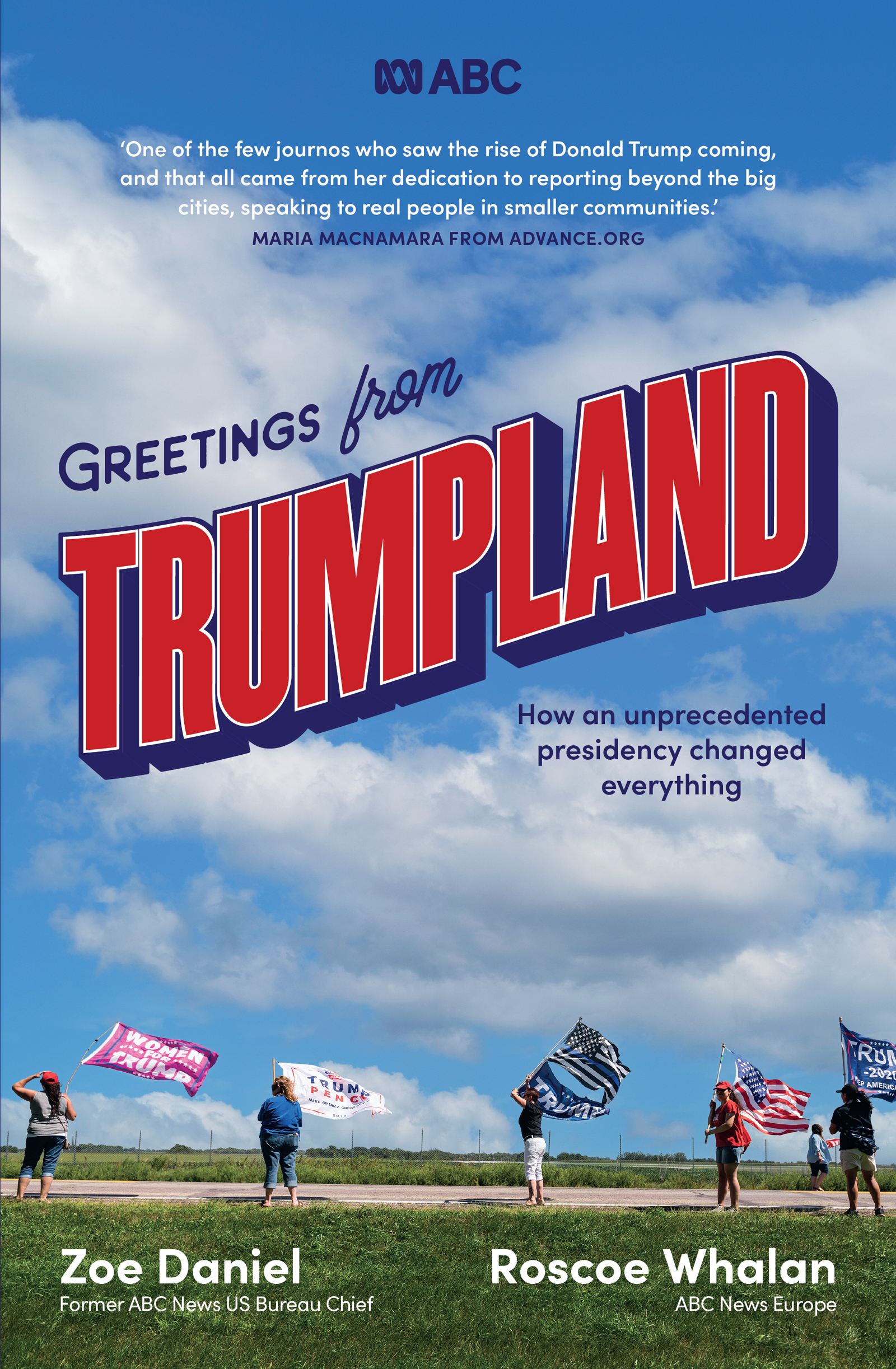
Following recent changes made by global media organisations, including the influential Associated Press (AP) style guide, the authors have adopted the capitalisation of the b in the term Black in a racial, ethnic or cultural context.
This style is adopted to acknowledge and convey an essential and shared sense of history, identity and community among people who identify as Black, including those in the African diaspora and within Africa. The lowercase black is a color, not a person.
It is also encouraged by the Diversity Style Guide which consulted extensively before making their recommendation.
Alexandra Neason, of the Columbia Journalism Review, explains that capitalising Black acknowledges that slavery deliberately stripped people forcibly shipped overseas of all other ethnic/national ties.
African American is not wrong, she says. But if we are going to capitalize Asian and South Asian and Indigenous, for example, groups that include myriad ethnic identities united by shared race and geography and, to some degree, culture, then we also have to capitalize Black.
In line with the lengthy and detailed consultation and review done by the AP on this, the authors agree that white people generally do not share the same history and culture, or the experience of being discriminated against because of skin color.
We have therefore elected not to capitalise the term white, as is done by white supremacists, [and] risks subtly conveying legitimacy to such beliefs.
The Trump administration ended as it began: in norm-shattering fashion. In just four years, Donald Trump has turned American politics on its head, and he leaves the Oval Office as the only president to be impeached twice.
Writing this book was, in many ways, like covering the White House as a reporter. The story that began each day would never be the one that ended it. As the president moved from battle to battle at warp speed, with the power of the highest office in the land and his Twitter account behind him, marking each and every seminal moment proved impossible. Each week of his four-year administration could almost be a book in itself. That record is not ours to write.
Unrelenting, the administration exhausted America, its people, its reporters and its institutions.
The final few weeks provided some of the most shocking scenes of his presidency, but, perhaps, the events simply put an exclamation point on it all. Refusing to concede, and peddling the false notion of a vast conspiracy, Trump urged his loyal supporters to march on the heart of US democracy.
The ease with which these insurrectionists breached the walls of the Capitol rattled America and the world, exposing the fragility of law, order and the civility already so eroded by the Trump administration. It was the bang many feared.
Then, in the days after, the president who had barked insults and spewed bile for four years went out with a whimper. Democracy had met the challenge, though the exposure of its vulnerability was a useful reminder of its importance.
Much of Donald Trumps legacy will be seen through a negative lens, and much of his time in office can be defined in a few words: Build the Wall, Fake News, Muslim Ban, Russia, Charlottesville, Insurrection. But positives can be found: toxic political partisanship and populist politics have been exposed; racism and sexism have been called out; entrenched elitism has been seen; and while truth is now a nebulous term, there is a growing understanding that the manipulation of facts is a grave threat.
As the world breathes a collective sigh of relief with President Trump out of office, the movement he began and grew into a force more than 74 million strong lives on, and will likely continue to grow and mutate. Many defended him passionately, and continue to do so, despite constant derision for the man they supported. Often, their justifications for embracing him and the accompanying incivility were questionable at best. But while his most extreme supporters will always get the most attention, many were just regular Americans.
To reject Trump as an anomaly or a blip in the political landscape would be remiss. To ignore his huge supporter base would be naive.
Regular programming in American politics is over.
This book is just one perspective, seen through five years in America, as the nation grappled with the improbable rise and mind-boggling presidency of Donald Trump, as he tapped into the psyche of those Americans who felt forgotten.
Finding an endpoint to this story was much the same as all of those days covering Trumpland, when the end of the day bore no resemblance to the beginning. It was never going to simply end after election day, with a president who refused to concede. Nor has it ended with the insurrection at the Capitol, or the inauguration of President Joe Biden, because while Trumps presidency may be over, the impact of his administration runs deep.
President Biden signed seventeen executive orders on his first day in office, as his new administration began to try to unravel the efforts of the Trump presidency. Biden rejoined the Paris Agreement, the worlds largest effort to address climate change; flagged a halt on oil and gas drilling on public lands; lifted immigration bans; and began the slow march towards managing the COVID-19 crisis.
But a stroke of a pen cant undo the damage done during four years of reversed progress and rising emissions, nor can it put back into a box the xenophobia stoked by banning travellers based on religion, nor can it reverse the deadly mismanagement of a pandemic.
The spectre of Donald Trumps second impeachment even after he has left office says a lot about him, the changes he has wrought, the boundaries he has broken, and the long shadow he will cast for years to come.
We are fucked.
The US Supreme Court, now stacked with Trump appointees, had just thrown out the presidents desperate last bid to stay in the White House.
Its over. His rusted-on supporters finally begin to realise hes done.
Its 11 December forty days after an election in which Donald Trump, the improbable president, had pushed the country and its democratic institutions to the very edge and his legal avenues to overturn the result had come to a dead end.
But even as the president and the 74 million Americans who voted for him are sent on their way, theres an inkling that this is not an end but a beginning, as the true impacts of the era of Trump begin to become clear. And we are yet to see an extraordinary series of climaxes, the results of the presidents careful erosion of truth undermining the very foundations of democracy.
This isnt a story about how it ends, if it even has. Its a tale about why it began and how its changed us all.
Its a journey through Americas forgotten country, taken for granted for so long that its people embraced populism and lies over truth and reality for the sake of a political voice.
Donald Trumps eventual defeat in the 2020 election, and his mobilisation of his believers to keep him in office, represented the ultimate stress test of America for its people, its representatives and its institutions.
It exposed just how far he was willing to go, not only to save face, but also to test the boundaries of reality. It was no surprise. Even back in 2016, he had refused to say whether he would accept the results if he lost. In 2020, and early 2021, he demonstrated his immense power to blur the truth. Facts and falsehoods are no longer set. Thanks, in large part to Donald Trump, they are now matters of opinion.
Next pageFont size:
Interval:
Bookmark:
Similar books «Greetings from Trumpland»
Look at similar books to Greetings from Trumpland. We have selected literature similar in name and meaning in the hope of providing readers with more options to find new, interesting, not yet read works.
Discussion, reviews of the book Greetings from Trumpland and just readers' own opinions. Leave your comments, write what you think about the work, its meaning or the main characters. Specify what exactly you liked and what you didn't like, and why you think so.

